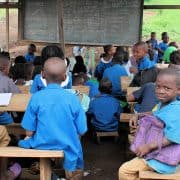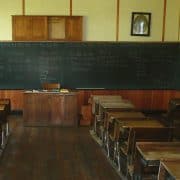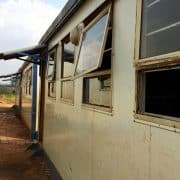|
Getting your Trinity Audio player ready...
|
Corruption Watch’s work is never-ending – every day, it seems, there is something new to be concerned about.
But there are also times when we can proudly say that our efforts are making a real impact – such as yesterday, when Gauteng’s education MEC Panyaza Lesufi announced that principals at schools in the province would be rotated every September. This, he says, is because a long tenure at one school often allows corruption to breed and go undetected.
The motivation for his decision to prevent principals from settling in to a cushy job, was the schools report we published three weeks ago. “My big reason for this is because the recent Corruption Watch report shows that principals were mostly responsible for corruption. I will consult with unions and governing bodies on this.”
Lesufi was briefing the media on Gauteng’s readiness plan for the 2016 school year. The Gauteng Department of Education works positively with and is supportive of Corruption Watch.
“It’s great to see policy changes as a result of our work,” commented Leanne Govindsamy, Corruption Watch’s head of legal and investigations. Much of Corruption Watch’s work is geared towards advocating for legislation and policy reform, good governance and best practice. We also use the knowledge gained from reports and investigations to produce public education material.
One of the concerns that Corruption Watch pointed out in the report, was the fact that principals who are being investigated for corruption are sometimes merely redeployed, where they are able to carry on with their mischief. However, we have been assured by the GDE that the culprit would be redeployed in a different position, because although it would be a risk to put them into a position where the same powers are available to them, they still have to be functional while the investigation proceeds.
“We aren’t where I want this system to be,” Lesufi said, referring not only to the corruption problem but also to the poor prelim exam results, especially in accounting, mathematics and mathematical literacy.
“We need to invest on what is happening in the classroom,” he said.
The provincial education department has received a record number of 128 539 applications for grade one, and 94 963 applications for grade eight in 2016. This means that the province’s schools are full, and no children from other provinces will be admitted. Some 95% of these applicants have already been allocated a place in a Gauteng classroom.







